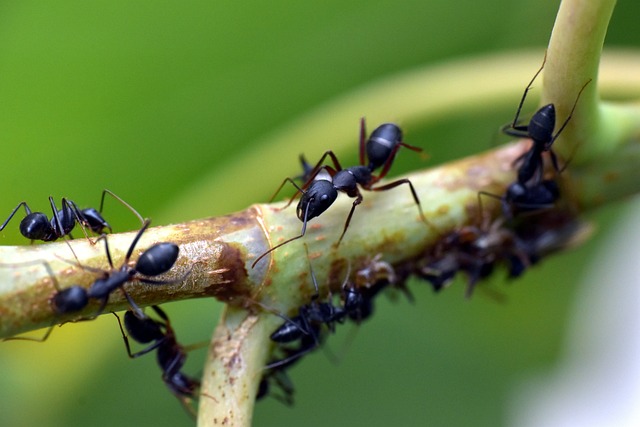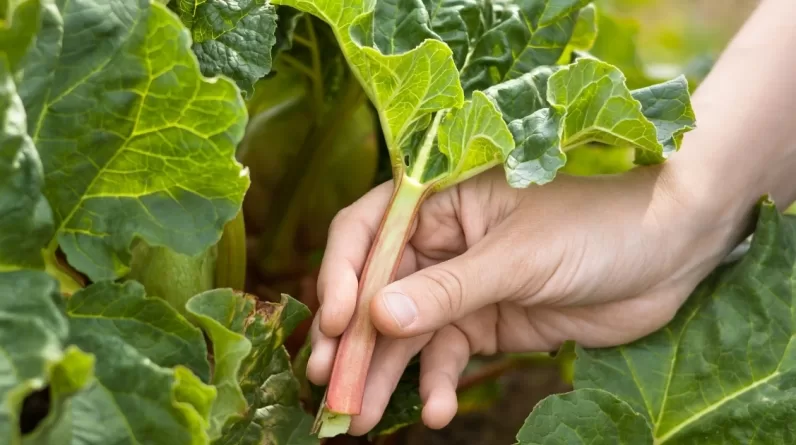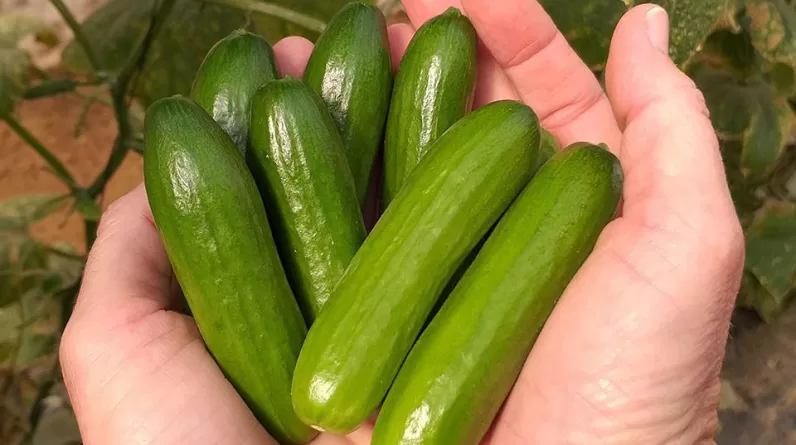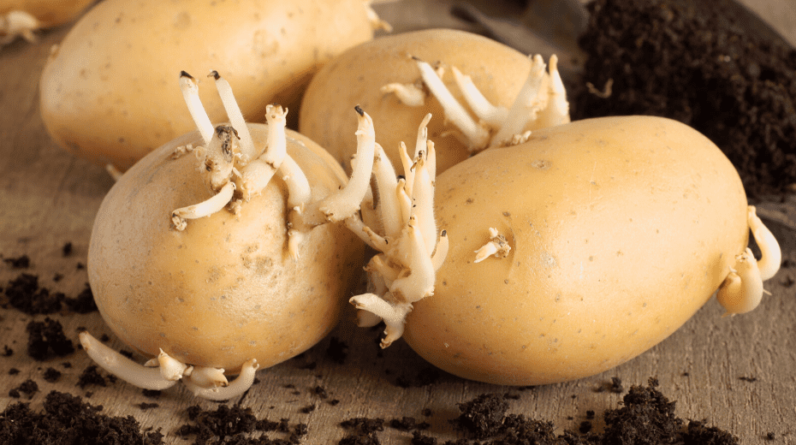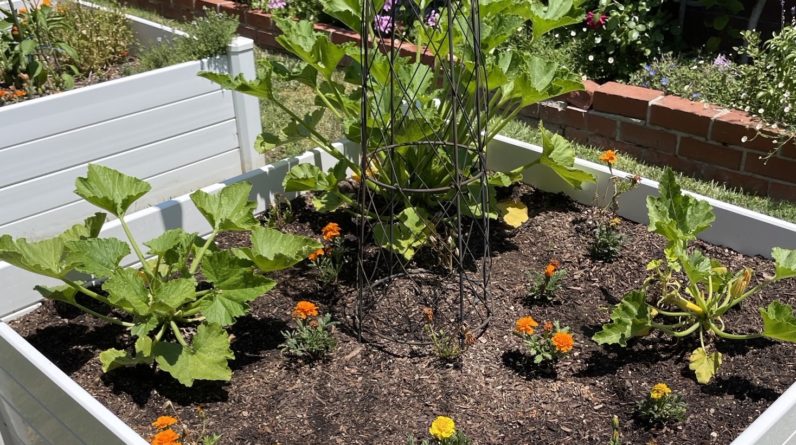Ants can be a major problem in the vegetable garden. They can damage plants, disturb the soil, and attract other pests. Fortunately, there are several ways to get rid of ants and prevent them from coming back.
Understanding the Ant Problem is the first step in getting rid of them. Ants are attracted to the sweet nectar produced by many vegetables, such as tomatoes and cucumbers. They also like moist soil and will build their nests near a water source. Once you understand what attracts ants to your garden, you can take steps to prevent them from coming back.
Prevention Strategies are key to keeping ants out of your garden. Some simple steps include keeping the garden clean and free of debris, watering in the morning instead of the evening, and using mulch to keep the soil moist. You can also try planting companion plants, such as marigolds and mint, which repel ants. If prevention strategies aren’t enough, there are several Natural Remedies, Commercial Solutions, and Professional Help available to help get rid of ants in the vegetable garden.
Key Takeaways
- Understanding the Ant Problem is key to getting rid of them.
- Prevention Strategies can help keep ants out of the garden.
- Natural Remedies, Commercial Solutions, and Professional Help are available if prevention strategies aren’t enough.
Understanding the Ant Problem
Identify the Type of Ants
To effectively get rid of ants in the vegetable garden, it is important to identify the type of ants that are causing the problem. There are many different species of ants, and each has its own unique characteristics and behaviors. Some common types of ants found in vegetable gardens include:
- Argentine ants – Typically small, measuring about 1/8 inch in length, and are light to dark brown in color. They have a single node on their petiole (the narrow waist between the thorax and the abdomen) and their antennae have 12 segments.
- Carpenter ants – Larger than Argentine ants, measuring up to 1/2 inch in length. They are usually black but can also be reddish-brown or a combination of both. Carpenter ants have a single node on their petiole and their antennae have 12 segments as well.
- Fire ants – Small, measuring between 1/16 inch to 1/4 inch in length, and are reddish-brown in color. They have two nodes on their petiole and their antennae have 10 segments. Fire ants are known for their painful stings and aggressive behavior.
- Pavement ants – Small, measuring about 1/8 inch in length, and are dark brown to black in color. They have two nodes on their petiole and their antennae have 12 segments. Pavement ants are commonly found in urban areas and can be a nuisance when they invade homes.
To accurately identify an ant species, it’s essential to know that there may be variations in size and color within the same species. We recommend consulting a pest control professional or an entomologist for identification. Knowing the type of ants in your garden can help you understand their behavior and develop an effective plan for their elimination.
Understand Ant Behavior
Ants are social insects that live in colonies. Each colony has a queen, whose sole purpose is to lay eggs and reproduce. The worker ants are responsible for gathering food, caring for the young, and defending the colony.
Ants are attracted to vegetable gardens because they provide a source of food. They are particularly drawn to sweet, sugary substances such as nectar and honeydew. Ants also feed on the insects that are attracted to vegetable plants, such as aphids and whiteflies.
To effectively get rid of ants in the vegetable garden, it is important to understand their behavior. Ants leave behind a chemical trail, called a pheromone trail, that helps them find their way back to the colony. By disrupting this trail, you can prevent ants from returning to the garden.
In summary, identifying the type of ants and understanding their behavior is crucial in developing an effective plan to get rid of them in the vegetable garden.
Prevention Strategies
Maintain Garden Cleanliness
Keeping the vegetable garden clean is one of the most important steps to prevent ants from invading it. Ants are attracted to food scraps, so it’s important to remove any fallen fruits or vegetables from the ground. Regularly removing weeds and dead plant material can also help reduce ant populations, as they often use these areas as nesting sites.
Another important aspect of maintaining garden cleanliness is to keep the soil well-drained and not too moist. Ants are attracted to moist soil, and if the soil is too wet, it can create ideal conditions for them to thrive.
Use Natural Barriers
Using natural barriers can be an effective way to prevent ants from entering the vegetable garden. Some natural barriers that can be used include:
- Diatomaceous earth: A fine powder made from the fossilized remains of diatoms. When ants come into contact with it, it damages their exoskeleton and causes them to dehydrate and die.
- Coffee grounds: Ants dislike the smell of coffee and will avoid areas where it’s present.
- Cinnamon: Sprinkling cinnamon around the garden can deter ants from entering.
- Mint: Planting mint around the garden can help repel ants.
It’s important to note that while natural barriers can be effective, they may not completely eliminate ant populations. It’s important to use them in conjunction with other prevention strategies to ensure the best results.
Natural Remedies
There are several natural remedies that can help get rid of ants in the vegetable garden. These remedies are safe for the environment and do not harm plants or other animals.
Diatomaceous Earth
Diatomaceous earth is a natural substance that is made from the fossilized remains of tiny aquatic organisms called diatoms. It is a fine powder that can be sprinkled around the garden to create a barrier that ants cannot cross.
When ants come into contact with diatomaceous earth, the powder sticks to their bodies and dries them out, leading to their eventual death. It is important to note that diatomaceous earth only works when it is dry, so it may need to be reapplied after rain or watering.
Vinegar Spray
Vinegar is a natural and effective way to repel ants. A mixture of equal parts vinegar and water can be sprayed directly onto ant trails and around the garden to deter ants from entering.
The strong smell of vinegar masks the scent trails that ants use to communicate with each other, making it difficult for them to navigate. It is important to note that vinegar can also harm plants, so it should be used sparingly and only on areas where ants are present.
Citrus Peel
Citrus peels, such as those from oranges, lemons, and grapefruits, contain natural oils that repel ants. Simply place the peels around the garden or near ant trails to keep ants away.
The oils in citrus peels are strong and can last for several days, so they may not need to be replaced as often as other remedies. Additionally, citrus peels can also be composted after use, making them an eco-friendly option.
Overall, natural remedies can be a safe and effective way to get rid of ants in the vegetable garden. By using diatomaceous earth, vinegar spray, or citrus peels, gardeners can keep ants away without harming the environment or their plants.

Commercial Solutions
Ant Baits
Ant baits work by attracting ants to a slow-acting poison. The ants then carry the poison back to the colony, where it spreads and kills other ants. Some common active ingredients in ant baits include borax, abamectin, and fipronil.
One popular brand of ant bait is Terro, which uses borax as its active ingredient. Borax is a natural mineral that is toxic to ants but not harmful to humans or pets. To use Terro ant bait, simply place the bait stations near ant trails or areas of high ant activity. The ants will be attracted to the sweet liquid inside the bait station and will carry the borax back to the colony.
Another option is Advion ant bait gel, which uses indoxacarb as its active ingredient. This gel can be applied directly to ant trails or areas of high ant activity. The ants will be attracted to the gel and will carry it back to the colony.
Insecticidal Soap
Insecticidal soap is a type of pesticide that is made from natural plant oils, such as soybean oil or cottonseed oil. It works by suffocating insects and disrupting their cell membranes. Insecticidal soap can be effective against ants, as well as other garden pests like aphids and mealybugs.
One brand of insecticidal soap is Safer Brand Insect Killing Soap. This product is OMRI-listed for organic use and is safe for use on vegetables and other edible plants. To use, simply dilute the soap according to the instructions on the label and spray it directly onto the ants or their trails.
Another option is Bonide Insecticidal Soap, which contains potassium salts of fatty acids as its active ingredient. This product is also OMRI-listed for organic use and can be used on a variety of garden pests, including ants. To use, dilute the soap according to the instructions on the label and spray it directly onto the ants or their trails.
Overall, commercial solutions like ant baits and insecticidal soap can be effective at getting rid of ants in the vegetable garden. However, it’s important to read and follow the instructions carefully and to use these products safely and responsibly.
Professional Help
Sometimes, despite best efforts, ant infestations in the vegetable garden persist. In these cases, it may be necessary to seek professional help.
There are a few options for professional ant control services, including:
- Pest control companies
- Exterminators
- Landscaping companies
When selecting a professional service, it is important to choose a reputable company with experience in ant control. The service should also use environmentally-friendly methods that will not harm the vegetables or the surrounding ecosystem.
Professional ant control services may use a variety of methods to eliminate ant infestations, including:
- Bait stations
- Insecticides
- Physical barriers
- Fumigation
It is important to discuss these methods with the service provider and understand the potential risks and benefits of each approach.
Overall, seeking professional help can be an effective solution for persistent ant infestations in the vegetable garden. By choosing a reputable service provider and discussing the available methods, gardeners can eliminate the ants and protect their crops.
Conclusion
In conclusion, there are several effective methods to get rid of ants in the vegetable garden. It is important to choose the method that works best for the specific situation and to be patient as it may take some time to see results.
One of the most effective methods is to use a natural ant repellent, such as diatomaceous earth or coffee grounds. These methods are safe for the environment and do not harm beneficial insects or plants.
Another option is to use ant baits, which can be purchased at most garden centers. These baits contain a slow-acting poison that ants will carry back to their colony, eventually killing the entire colony.
It is also important to keep the garden clean and free of debris, as this can attract ants and other pests. Regularly removing dead plant material and keeping the area around the garden free of food scraps and other debris can help prevent ant infestations.
Overall, with the right approach and a little patience, it is possible to get rid of ants in the vegetable garden and enjoy a healthy, thriving garden.

